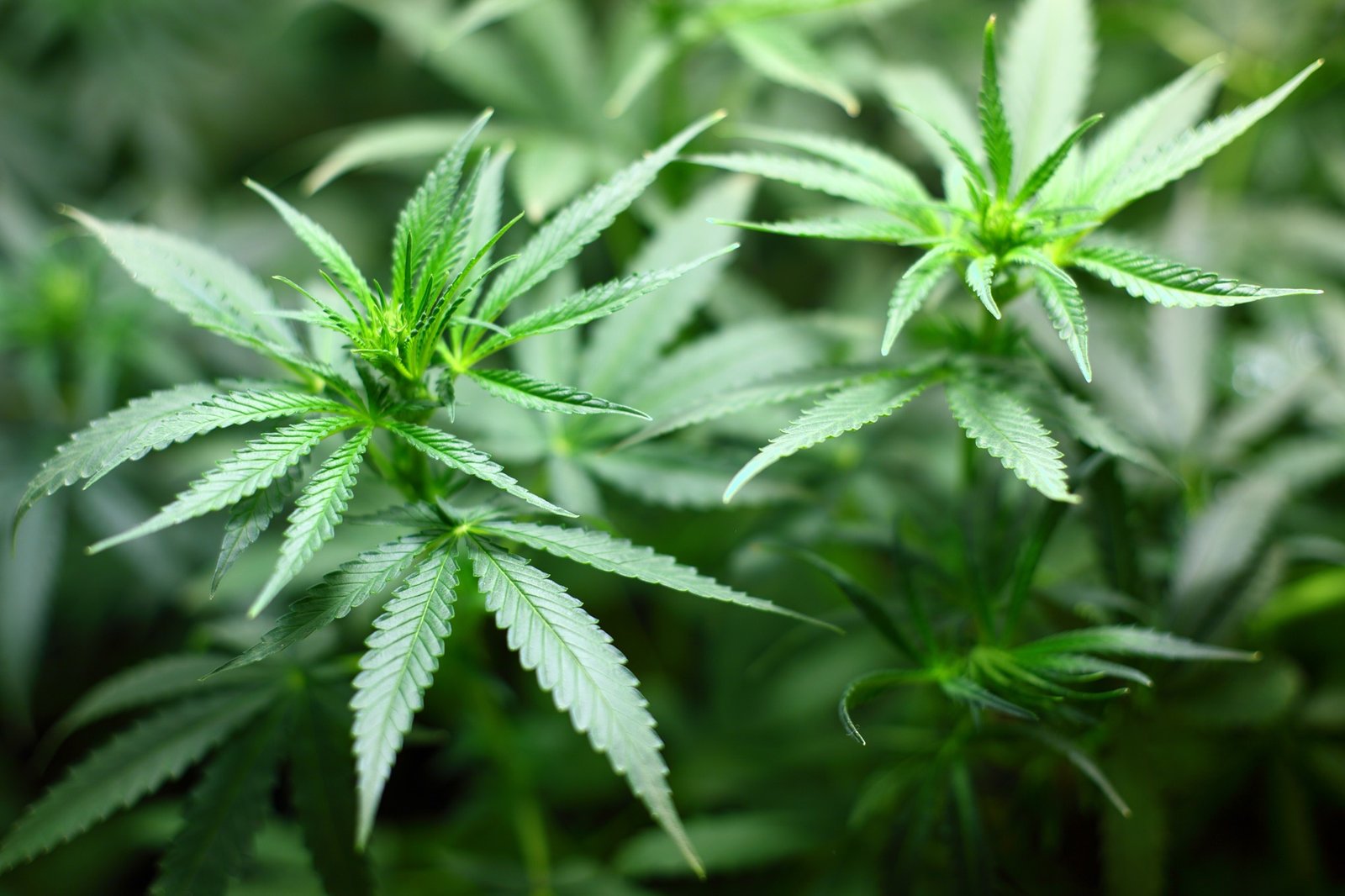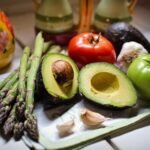
Researchers have found that SARS-CoV-2, the virus that causes Covid-19, can be bound to two cannabinoid acids found in hemp varieties of cannabis.
The research was led by Richard van Breemen from Oregon State’s Global Hemp Innovation Center and Linus Pauling Institute. Van Breemen said that hemp and many hemp extracts have a lot of cannabinoid acids. Cannabis compounds CBDA and CBGA, which Van Breemen said could stop new variants of the virus that causes Covid-19 from working, were just as good at blocking variants of SARS-CoV-2.
In addition to the spike protein, SARS-CoV-2 has three more structural proteins, 16 nonstructural proteins, and a group of “accessory” proteins. All of these proteins could potentially be targeted when developing drugs for covid-19.
The acids in hemp could be used to stop SARS-CoV-2 from getting into people’s bodies and also to shorten infections by stopping virus particles from getting into human cells.
It’s possible that they can both prevent and treat infection by the SARS-CoV-2 virus. CBDA and CBGA are made by the hemp plant as precursors to CBD and CBG, which many people are already familiar with. Van Breeman highlighted how important it is that cannabinoids could help fight the new variants as they are becoming “one of the primary concerns”.
Van Breeman has stated “These variants are well known for evading antibodies against early lineage SARS-CoV-2, which is obviously concerning given that current vaccination strategies rely on the early lineage spike protein as an antigen,” said van Breemen. “Our data show CBDA and CBGA are effective against the two variants we looked at, and we hope that trend will extend to other existing and future variants”
He did, however, note that variants could develop that are resistant to cannabinoids but that it still might be a useful tool when used in combination with vaccines.



